
Articles sur Freedom of speech
Affichage de 1 à 20 de 185 articles

Using Australian laws to force a foreign-owned platform to take down content globally sets a risky precedent – should we allow all countries to impose their laws on the internet?

The WikiLeaks founder has been given a temporary reprieve from extradition to the US.
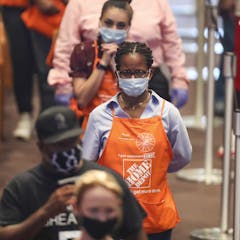
Racism can be a workplace issue, even at Home Depot.

A college junior who has gained a following by sharing high-profile people’s private flight information says that he is sharing public information. Others, like Taylor Swift, say that he is stalking.
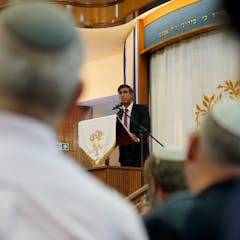
The language the UK government uses on faith-related subjects matters. It models – for everyone living in the UK – how to best engage with diverse manifestations of belief.

Content moderation by automated systems could be a form of prior restraint.

When President Daniel Ortega returned to power in 2006, church figures supported him. Violent repression after the 2018 protests has soured the relationship and made clergy targets for intimidation.

Anti-Islam activists in Sweden have repeatedly burned Qurans in public, not only earning the country vehement criticism from Muslim countries but also raising the threat of terrorism.
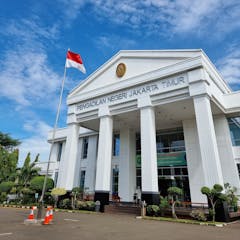
Two human rights activists have been acquitted of defaming a powerful government minister. It’s the latest in a string of concerning authoritarian uses of Indonesian law.
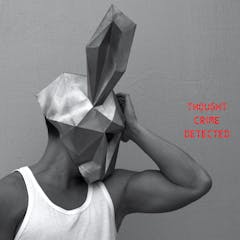
Corporate and political actors know more about how our minds work than we do. The right to free thought can no longer be our ‘forgotten freedom’
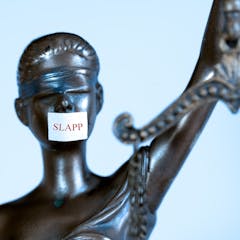
Anti-SLAPP legislation is being drawn up to protect journalists from being hounded out of reporting on corruption – but agreeing on key definitions is proving difficult.
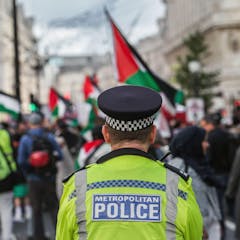
A legal expert explains the complicated process of prosecuting speech hate crimes.
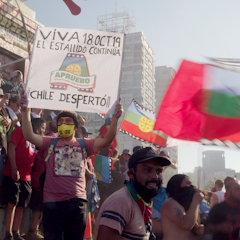
As a passionate and partisan defender of Allende’s socialism, Guzmán’s films celebrate popular protest and struggles for democracy and equality in Chile.
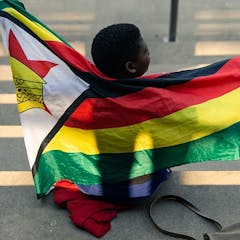
Opposition activists have previously been accused of treason and unpatriotic behaviour for expressing concerns about human rights abuses.
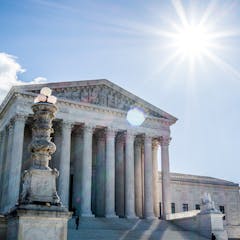
Two sociologists break down how cases related to plaintiffs’ beliefs and LGBTQ+ rights have fared in federal courts over several decades.
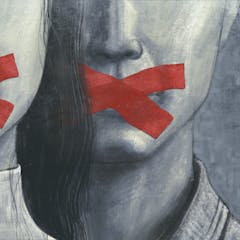
New research highlights how the people who value free speech may not be the ones who benefit from it the most.
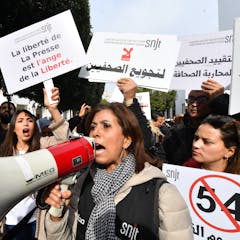
Freedom of expression was the one remaining gain of Tunisia’s 2011 revolution, but it is now severely threatened by a populist president.

The ability of professors to freely teach and write about controversial topics without fear of retribution is nothing new.
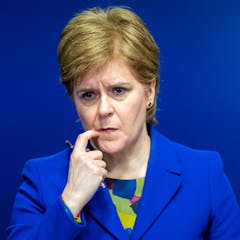
A Scottish parliamentary committee is investigating whether the nation’s laws to protect journalistic freedoms need to be tightened.
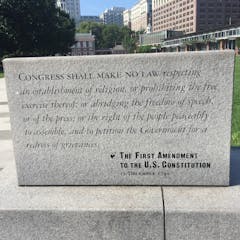
‘Congress shall make no law … abridging the freedom of speech.’ It’s often misunderstood, by many Americans. A constitutional scholar explains what it really boils down to.
